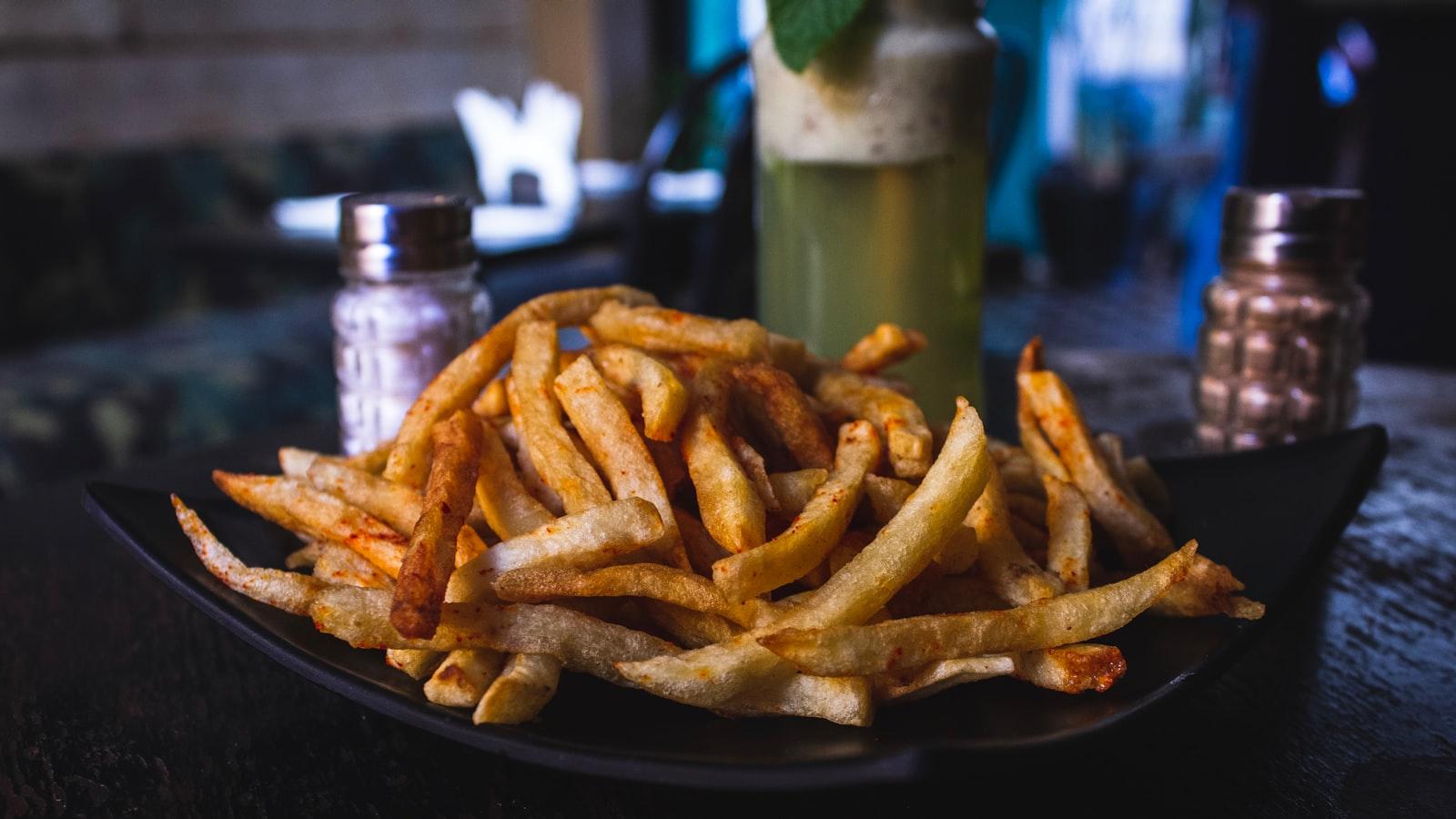In a world where fad diets and quick fixes reign supreme, the concept of calorie deficit for weight loss remains a tried and true method for achieving lasting results. By understanding the science behind this fundamental principle, individuals can unlock the key to shedding unwanted pounds and improving their overall health. Join us as we delve into the intricacies of creating a calorie deficit through diet, exploring its benefits, challenges, and practical strategies for success.
Table of Contents
- Understanding Calorie Deficit for Weight Loss
- The Science Behind Calorie Deficit and Weight Loss
- Tips for Creating a Sustainable Calorie Deficit Diet Plan
- Maximizing Results with Proper Nutrition and Exercise
- Q&A
- Concluding Remarks

Understanding Calorie Deficit for Weight Loss
When it comes to losing weight, understanding calorie deficit is key. A calorie deficit occurs when you consume fewer calories than your body needs to maintain its current weight. This forces your body to tap into its fat stores for energy, leading to weight loss over time.
Creating a calorie deficit can be achieved through a combination of diet and exercise. By reducing your caloric intake and increasing physical activity, you can create the necessary imbalance for weight loss. It’s important to note that while cutting calories is essential for shedding pounds, it’s equally important to ensure you’re still getting all the nutrients your body needs for optimal health.

The Science Behind Calorie Deficit and Weight Loss
Understanding is crucial for anyone looking to shed some extra pounds. When you consume fewer calories than your body needs to maintain its current weight, it creates a calorie deficit. This deficit forces your body to tap into its stored energy reserves, which are typically in the form of fat cells. By consistently maintaining a calorie deficit over time, you can effectively lose weight.
One pound of body weight is roughly equivalent to 3,500 calories. Therefore, creating a daily calorie deficit of 500-1000 calories can result in losing about 1-2 pounds per week. It’s important to note that while reducing caloric intake is essential for weight loss, it’s equally important to focus on consuming nutrient-dense foods that provide essential vitamins and minerals for overall health. Additionally, incorporating regular exercise into your routine can help boost metabolism and further enhance weight loss efforts.

Tips for Creating a Sustainable Calorie Deficit Diet Plan
When creating a sustainable calorie deficit diet plan for weight loss, it’s important to focus on nutrient-dense foods that will keep you feeling full and satisfied. Incorporate plenty of fruits, vegetables, whole grains, lean proteins, and healthy fats into your meals. These foods not only provide essential nutrients but also help regulate blood sugar levels and curb cravings.
Another tip for creating a successful calorie deficit diet plan is to practice mindful eating. Pay attention to your hunger cues and stop eating when you feel satisfied, rather than stuffed. Additionally, try to avoid mindless snacking by planning out your meals and snacks ahead of time. By being intentional about what you eat and how much you consume, you can create a sustainable calorie deficit that supports your weight loss goals.

Maximizing Results with Proper Nutrition and Exercise
When it comes to achieving weight loss goals, creating a calorie deficit is key. This means consuming fewer calories than your body needs to maintain its current weight. By doing so, your body will start using stored fat for energy, leading to weight loss over time.
To create a calorie deficit for weight loss, you can focus on both diet and exercise. Here are some tips:
- Track your food intake: Use a food diary or app to monitor the number of calories you consume each day.
- Eat nutrient-dense foods: Focus on whole foods like fruits, vegetables, lean proteins, and whole grains that provide essential nutrients without excess calories.
- Incorporate regular exercise: Aim for a combination of cardiovascular exercise and strength training to burn extra calories and build muscle mass.

